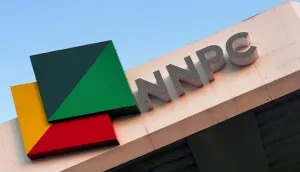Tanker drivers in Lagos State have announced plans to suspend the loading of petroleum products starting Monday due to concerns over the N12,500 fee per truck for the E-Call Up system operating along the Lekki-Epe Corridor.
The National Association of Road Transport Owners (NARTO) has expressed dissatisfaction with the cost, insisting they can only afford to pay N2,500 per truck instead of the mandated N12,500.
Purpose of the E-Call Up System
The E-Call Up system was introduced by the Lagos State Government to regulate the movement of articulated vehicles, including tankers, ensuring smoother traffic flow and preventing congestion similar to what was previously experienced in Apapa.
Lagos State Deputy Governor, Dr. Obafemi Hamzat, recently reiterated that the system was designed to promote order and efficiency in the movement of heavy-duty vehicles across the state.
Ongoing Negotiations
NARTO President Yusuf Othman stated on Sunday that discussions with the Lagos State Government are ongoing, emphasizing the association's preference for the initially proposed N2,500 charge.
"For now, we are still negotiating with the Lagos State Government. The N12,500 is too high. We recommended N2,500 from the beginning. Let's see how it goes and if we can reach an amicable resolution. But if the government does not agree, our boys will not go and load tomorrow," Othman said.
Government's Response
The Permanent Secretary of the Lagos State Ministry of Transportation, Olawale Musa, clarified that the N12,500 fee is not directed to government revenue. According to him, the charge covers the use of facilities developed by a private investor to support tanker operations in the Lekki area and help avoid traffic gridlock and environmental degradation.
Musa urged compliance with the regulations to prevent a recurrence of the traffic issues previously associated with Apapa.
The outcome of these negotiations will be crucial for Lagos residents and businesses that depend on regular fuel supply, as any disruption could lead to scarcity and potential price increases.
Follow BenriNews on our social media platforms for updates on this developing story:











